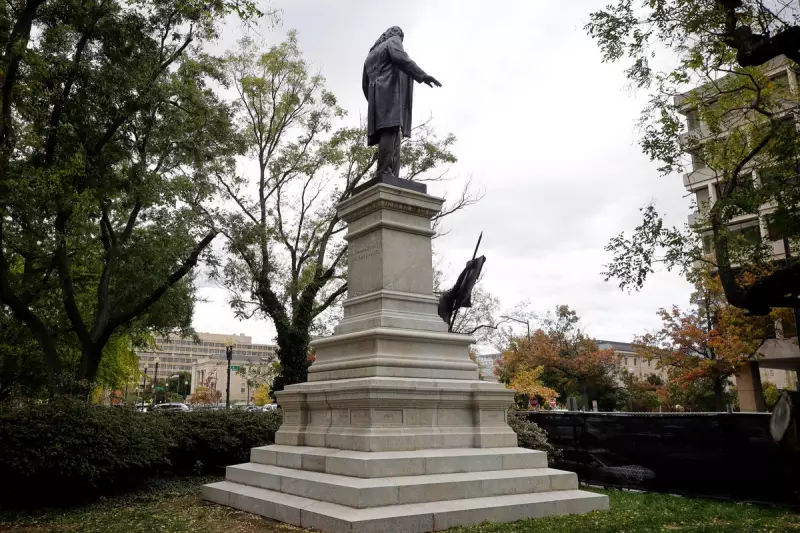
In a move that has reignited historical tensions, former President Donald Trump has voiced unexpected admiration for Confederate military leaders during his recent visit to Washington DC. The controversial comments have drawn sharp criticism from political opponents and civil rights advocates alike.
Controversial Remarks During Capital Visit
While addressing supporters in the nation's capital, Trump specifically praised Confederate generals, describing them as "great fighters" who demonstrated remarkable military prowess. His comments have sparked immediate backlash from those who view the Confederacy as representing America's dark history of slavery and secession.
Historical Context and Modern Implications
The Confederate States of America, which existed from 1861 to 1865, fought to preserve slavery and secede from the United States. In recent years, there has been significant debate about how to remember Confederate figures, with many cities removing Confederate monuments and military bases considering name changes.
Political Fallout and Reactions
Political opponents were quick to condemn Trump's statements, with several prominent figures accusing him of romanticizing a painful period in American history. Critics argue that such comments undermine efforts toward racial reconciliation and historical accuracy.
Supporters of the former president, however, defended his right to discuss historical military figures without modern political filters, highlighting the ongoing cultural divisions in American politics.
Broader Implications for Political Discourse
This incident comes amid ongoing national conversations about how America remembers and teaches its complex history. The controversy underscores the continuing sensitivity surrounding Civil War memory and its role in contemporary political identity.
As the 2024 election cycle approaches, historical references and their modern interpretations are likely to remain flashpoints in political discourse, with figures from both sides of the political spectrum using historical narratives to support their current policy positions.





